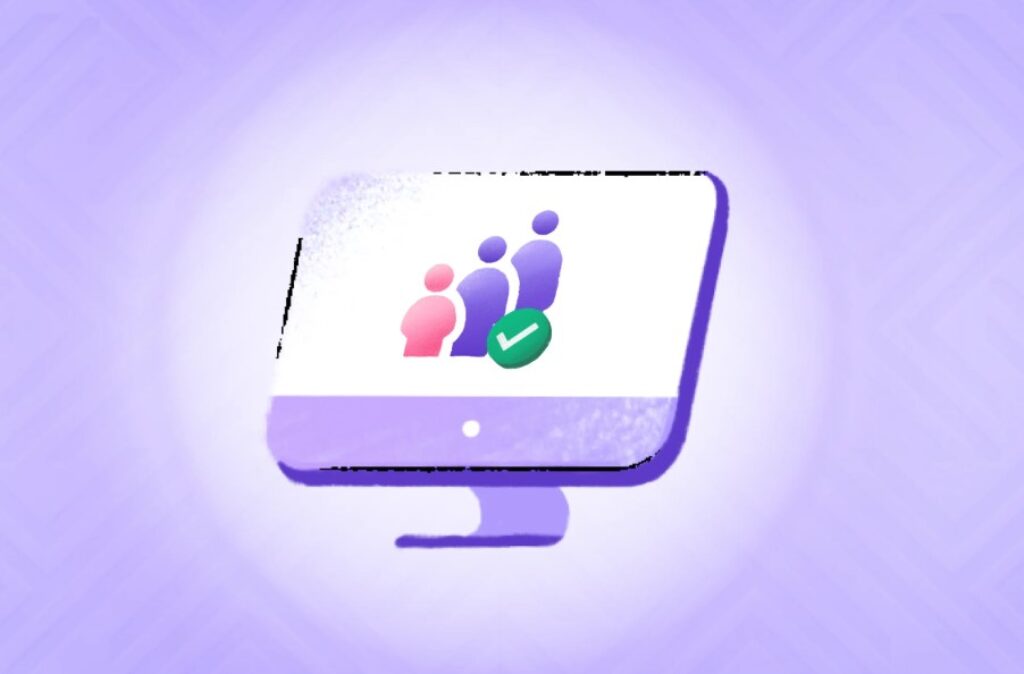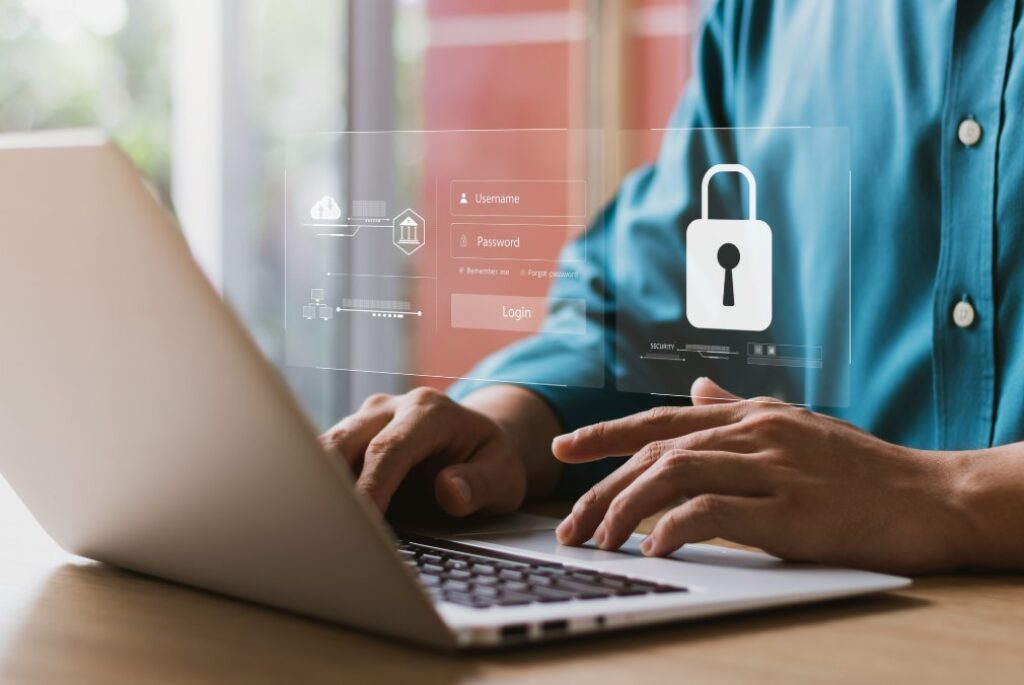
Preventing underage access to tobacco products is a significant challenge for online retailers, demanding vigilance and robust systems. Advanced verification technologies are critical in ensuring age compliance, protecting both consumers and businesses. Retailers must navigate complex legal standards to maintain a secure and responsible shopping environment.
Preventing underage access in the tobacco pouch industry is crucial as online sales of tobacco products increase. With this rise, the responsibility of ensuring these products do not fall into the hands of minors becomes more significant. Age verification systems play a vital role in this endeavor, providing a layer of protection against unauthorized purchases. Retailers, like Atlantic Pouches, are at the forefront of adopting these measures to safeguard their clientele and comply with stringent regulations.
Table of Contents
Advanced Verification Techniques

Source: hyperverge.co
Age verification technologies have evolved significantly, offering various methods to confirm a buyer’s age online. Many retailers utilize sophisticated software that requires users to upload official identification documents, which are then cross-referenced with databases for authenticity. This process ensures that only individuals of legal age can proceed with their purchases. Biometric verification, such as facial recognition, is also becoming popular as it provides an additional layer of security and accuracy.
Implementing two-factor authentication further strengthens the age verification process. By requiring a secondary form of identification or confirmation through a mobile device, retailers can significantly reduce the risk of underage access. These technologies not only help in complying with legal standards but also enhance consumer trust by demonstrating a commitment to responsible retail practices.
The integration of machine learning algorithms allows for continuous improvement of these systems. By analyzing purchasing patterns and flagging suspicious activities, these algorithms help retailers identify potential breaches before they occur. This proactive approach is essential in maintaining the integrity of age-restricted sales.
Legal Standards and Compliance

Source: euronews.com
Navigating the legal landscape surrounding age-restricted products is crucial for retailers. Laws vary significantly across regions, making it imperative for businesses to stay informed about local regulations. Compliance not only protects businesses from legal repercussions but also reinforces their reputation as responsible sellers. Retailers must ensure that all marketing and sales efforts align with the legal framework governing age-restricted goods.
Regular audits and staff training are essential components of maintaining compliance. By keeping employees informed about current laws and best practices, retailers can avoid unintentional violations. Transparency in operations and clear communication with consumers regarding age verification policies further solidifies compliance efforts.
Documentation and record-keeping are also vital aspects of compliance. Maintaining detailed records of transactions and age verification checks helps demonstrate adherence to legal standards during inspections or audits. This practice not only protects businesses but also contributes to building a safer marketplace for consumers.
Online Safeguards

Source: ogdenfulfilment.co.uk
Implementing robust online safeguards is key to preventing unauthorized access to tobacco products. Secure payment gateways and encrypted transactions protect consumer data from cyber threats while ensuring the integrity of each purchase. Retailers must prioritize cybersecurity measures to prevent data breaches that could compromise customer information.
User-friendly interfaces that clearly outline age verification requirements contribute to a smooth shopping experience while reinforcing compliance efforts. By designing intuitive platforms, retailers can minimize confusion and ensure that buyers understand the importance of adhering to age restrictions.
Collaboration with technology providers enables retailers to stay ahead of emerging threats and continuously improve their security measures. Regular updates to software systems ensure they remain effective against new vulnerabilities, protecting both businesses and their customers from potential risks.







